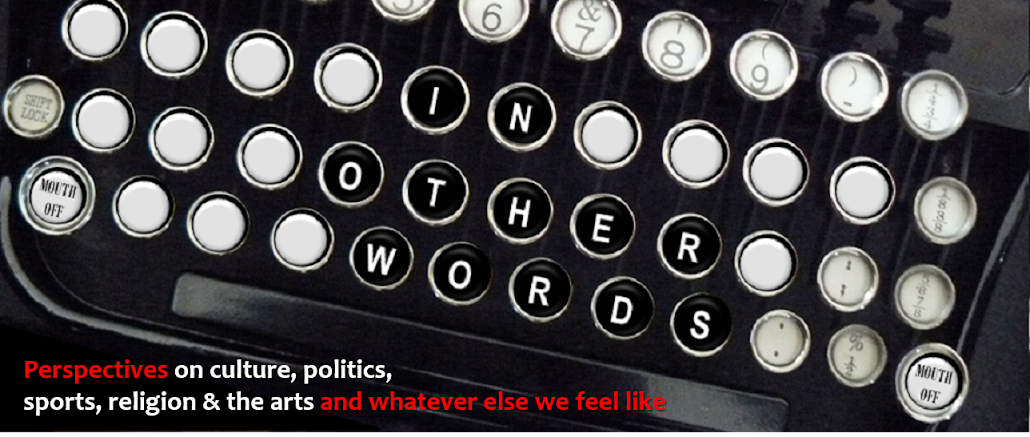 T
The last time we saw James Arness,he was patrolling Dodge City as Marshal Matt Dillon on
Gunsmoke. He's now on a different network, ABC, in a different role, Zeb Macahan, on a different show,
How the West Was Won. But Arness remains a larger-than-life star in a genre that's been very good to him: the Western.
Westerns used to dominate television - in 1959 alone there were 26 of them. But there hasn't been a successful one since - when?
Brisco County, Jr.?
That was a quirky series that really tried to transcend the genre to make it more relevant to the 21st Century, but perhaps it was
too far ahead of its time, and it only lasted one season on Fox.
Firefly? That was another series that Fox didn't really get, and it too ran only one season. It was a blend of the old West and the new West - space. For all its sci-fi trappings, though, its sensibility was the Western. Then there are the modern-day Westerns, from
Walker, Texas Ranger to
Justified to
Longmire, but those are programs that I'd say are set in the West geographically more than philosophically.
Little House on the Prairie had a good pedigree, Michael Landon having been one of the stars of one of the last big-time Westerns,
Bonanza.
Doctor Quinn probably qualifies as a Western in spirit as well as setting, but that strikes me more as soap opera than horse opera.
How the West Was Won wasn't what you'd call a long-running success, but it's one of those shows that seemed always to be on TV one way or another. It started as a TV-movie in 1976,
The Macahans, then had a go in miniseries format the next season, before becoming a regular series for 1978 and 1979. As the notoriously reclusive Arness sits down for his "one and only" interview of the new season, he explains to Dick Russell the difference between his two titanic characters. Machaan, he says, is a man from "an era when men were the law unto themselves," making their own rules, taking advice only from themselves. Matt Dillion, on the other hand, "was the opposite - a guy who not only had to see that the laws were carried out, but live by them himself. He had to do the
right thing." Arness took this code to heart, as "Miss Kitty," Amanda Blake, recalls: "He didn't want Matt to make a mistake." She wondered why he couldn't be "on the other end of the pole" even once. "Might've been interesting. But Jim would never hear of it."
How the West Was Won gives Arness a chance to live out a different kind of Western hero, one closer to his own persona - the rugged outdoorsman, less restrained and buttoned up than Dillon. But the strength of Dillon, and of James Arness the man, remains paramount. In real life, as a close friend confides, Arness "really believes in the law of the West - what's right is right, and wrong is wrong; there are no grays." It's impossible to not see this quality in Arness, and perhaps that had to do with the end of the Western. As the 50s morphed into the 60s and 70s, society was less confident, less able to tell the difference between right and wrong, more willing to see the shades of grey that Arness was unwilling to acknowledge. The kind of self-assuredness of a Matt Dillon or Zeb Macahan threatens people at times like this, people who lack that kind of knowledge of themselves, and when confronted with it they often shut their eyes to it. By the time the public was again ready for that kind of television hero, as Steven Stark comments in
Glued to the Set, the maverick cowboy had been replaced by the maverick police detective.
How the West Was Won leaves the air in 1979, and James Arness will return to
Gunsmoke, making five TV-movies between 1987 and 1994. His own foray into police procedurals,
McClain's Law, has a brief run in 1981-82. Arness' character, Jim McClain, is described as an "old-school" cop; but when it comes to taking the bad guy to school, nobody does it better than the heroes of the Old West, the ones James Arness plays so well.
Read the rest here. ◙
 Now that the Olympics are over, maybe it's safe to share what I really think. From Paul Lucas at Uniwatch:
Now that the Olympics are over, maybe it's safe to share what I really think. From Paul Lucas at Uniwatch:










